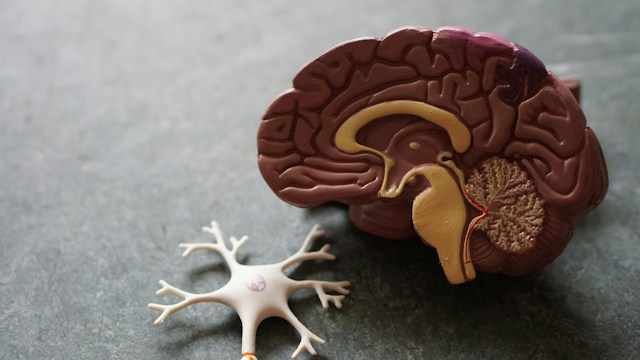All opinions are mine and mine alone.
Fact: Drugs Can Permanently Damage Your Brain
Your brain is the epicenter of your consciousness, emotions, and cognitive abilities. However, its intricate and delicate structure makes it vulnerable to various external factors, including the misuse of drugs.

Substance abuse, for instance, is a widespread issue and can lead to irreversible brain damage, profoundly altering your life in the process. Drug problems can be professionally tackled in a suitable treatment center. Meanwhile, here is an exploration of some proven ways in which drugs can cause permanent damage to your brain.
Neurotransmitter disruption
Many drugs work by altering the levels of neurotransmitters in your brain. For instance, stimulants like cocaine and methamphetamine lead to an excessive release of dopamine, a neurotransmitter associated with pleasure and reward.
Initially, this results in the euphoric high users seek. However, over time, your brain’s chemistry adjusts to these high dopamine levels, diminishing its natural ability to produce and regulate this critical neurotransmitter.
This dysregulation can lead to permanent changes in mood, motivation, and pleasure.
Risk of neurotoxicity
Certain substances are neurotoxic. This means they can directly damage or kill brain cells. Methamphetamine, for example, can cause significant harm to dopamine and serotonin neurons.
MDMA (ecstasy) is another such drug, known to damage serotonin-producing neurons, which can lead to lasting changes in mood, memory, and cognitive function.
Cerebral atrophy and structural changes
Long-term drug abuse can lead to changes in your brain’s structure. For example, alcohol abuse can result in cerebral atrophy. This is a shrinking of brain cells and loss of brain mass. This atrophy particularly affects the frontal lobe, responsible for critical thinking and decision-making, and can manifest as impaired cognitive abilities and poor judgment.
Impaired blood flow and heightened stroke risk
Drugs like cocaine and amphetamines increase the risk of stroke, which can lead to permanent brain damage. These substances constrict blood vessels and increase blood pressure, disrupting normal blood flow to the brain.
A stroke occurs when the blood supply to part of the brain is interrupted, leading to the death of brain cells. This is a process that can cause lasting physical and cognitive impairments.
Addiction and how it interacts with your brain’s reward system
Addiction itself is a form of brain damage. Drugs hijack the brain’s reward system, creating a cycle of craving and compulsive drug use. Over time, this leads to significant alterations in your brain’s circuitry, particularly in areas related to decision-making, judgment, learning, memory, and behavior control.
These changes can persist long after you stop using the substance, underscoring the lasting impact of addiction.
Psychiatric disorders
Substance abuse can either precipitate or exacerbate psychiatric disorders. For instance, long-term use of marijuana is linked with an increased risk of psychotic disorders in vulnerable individuals.
Similarly, chronic use of drugs like LSD can result in persistent psychosis or hallucinogen-persisting perception disorder (HPPD). These conditions may have long-lasting or permanent effects on mental health.
Drug abuse is not a transient threat to your brain. It has the potential to cause lasting, sometimes irreversible damage. These changes can affect virtually every aspect of your life, from cognitive and emotional functioning to personality and behavior.
The message is abundantly clear, the risks of drug abuse extend far beyond the immediate high, potentially leading to a lifetime of consequences for brain health and function.



Speak Your Mind